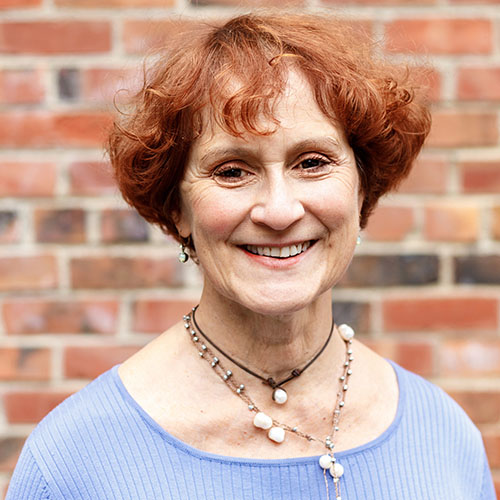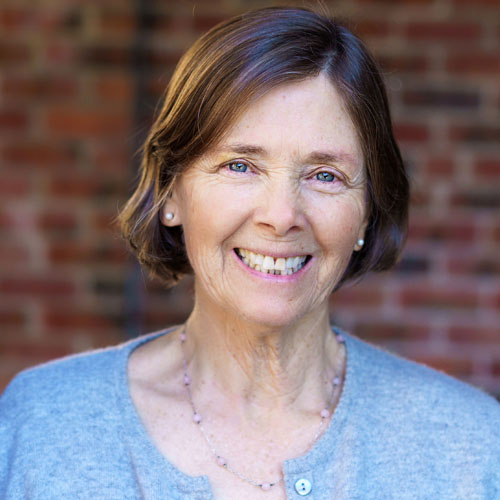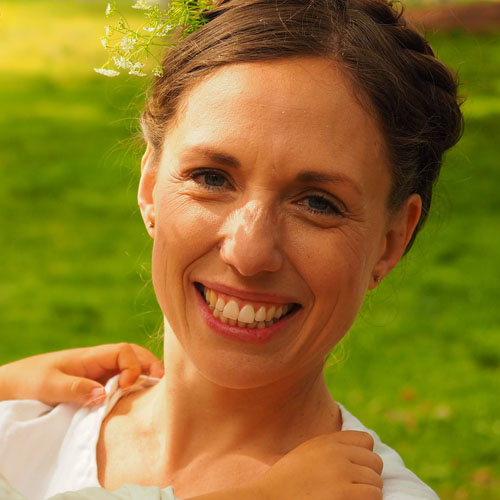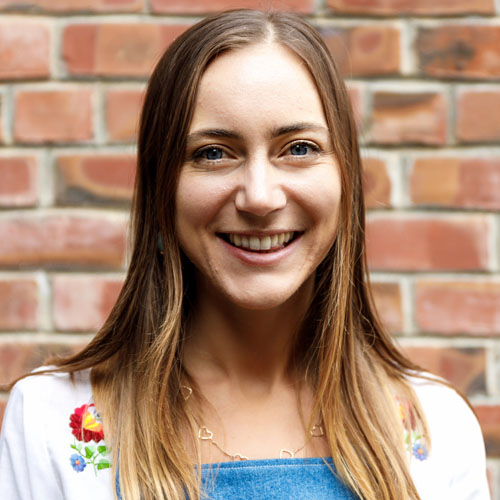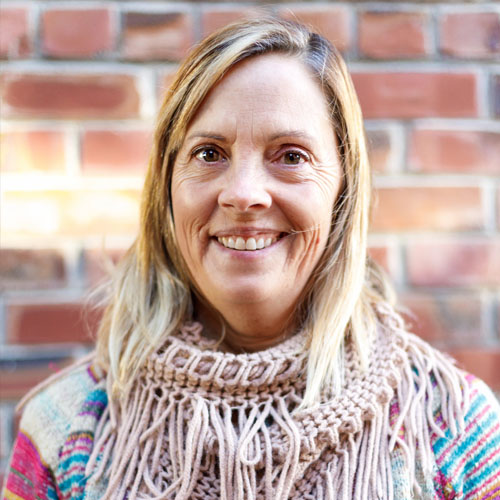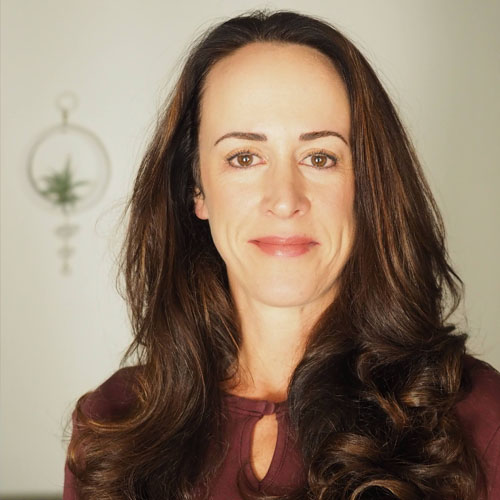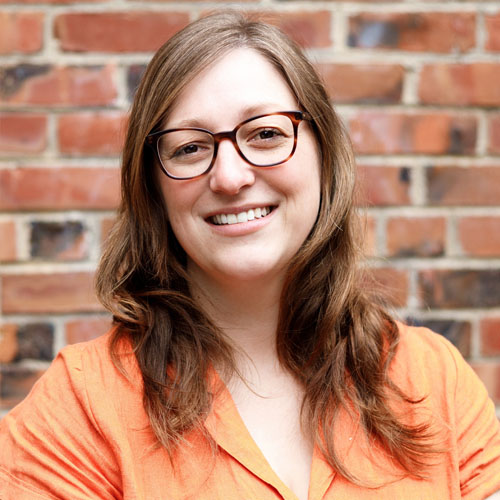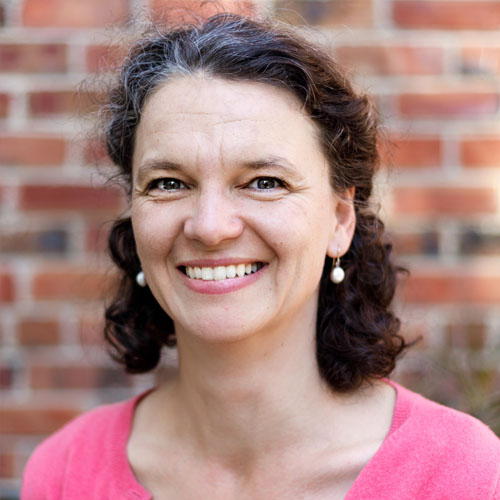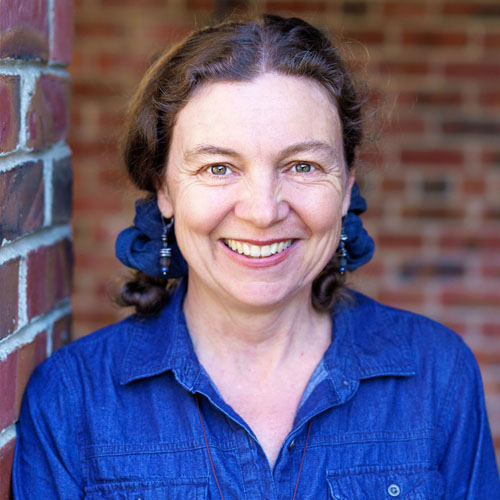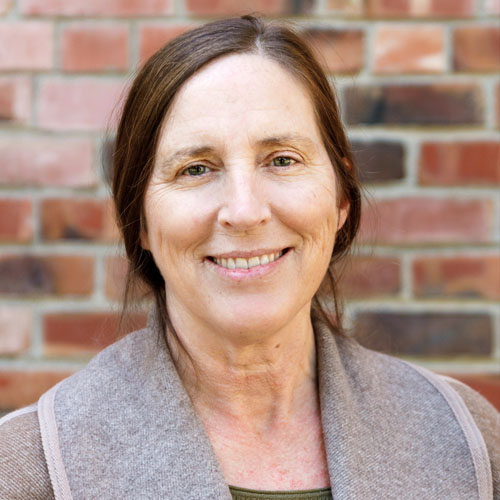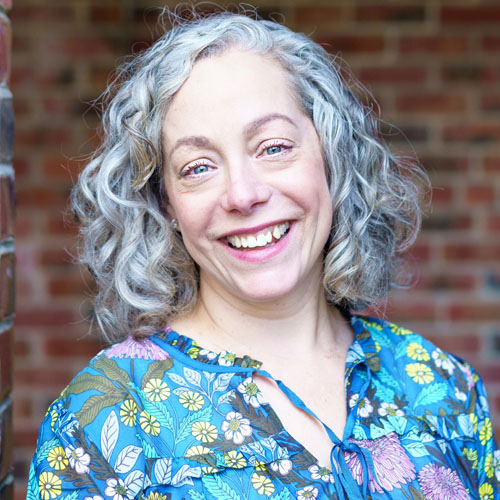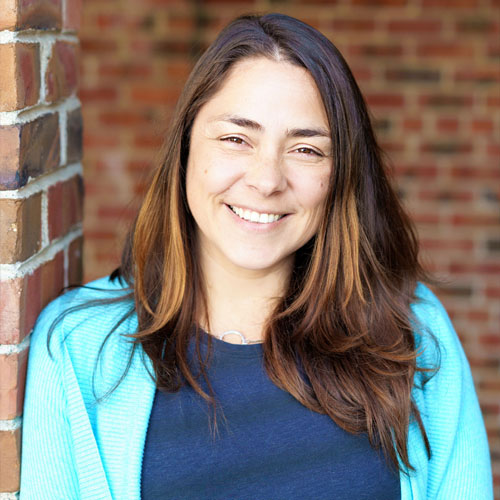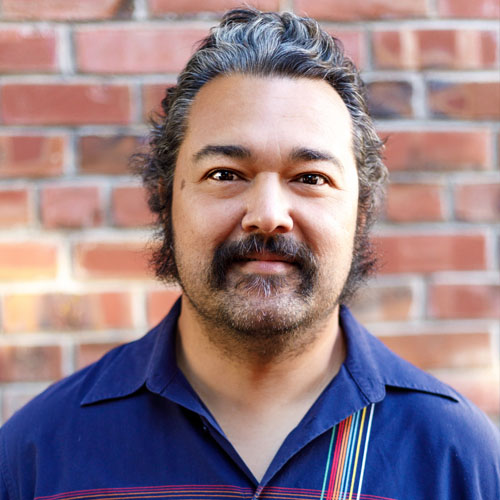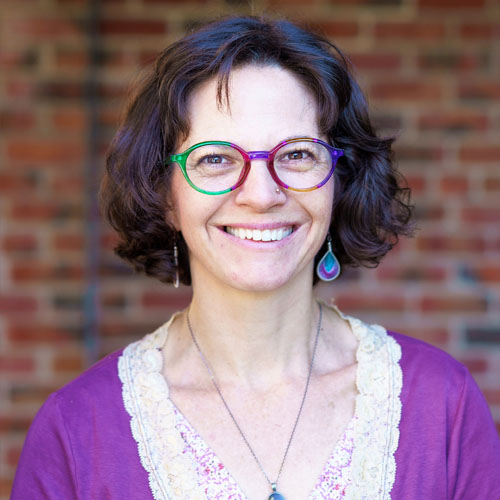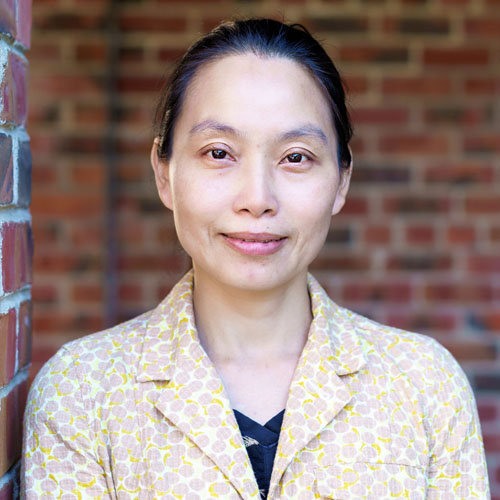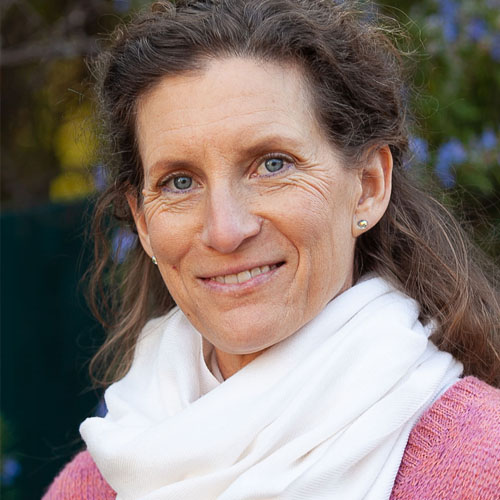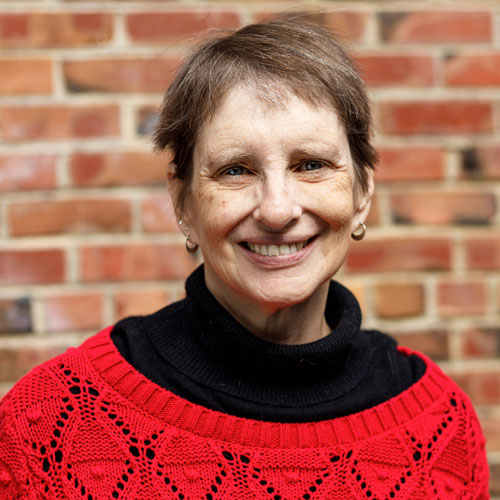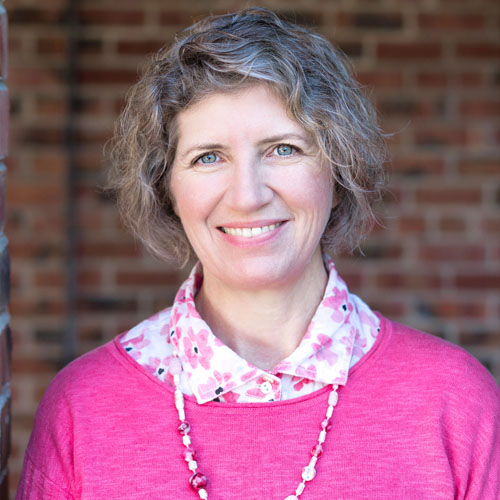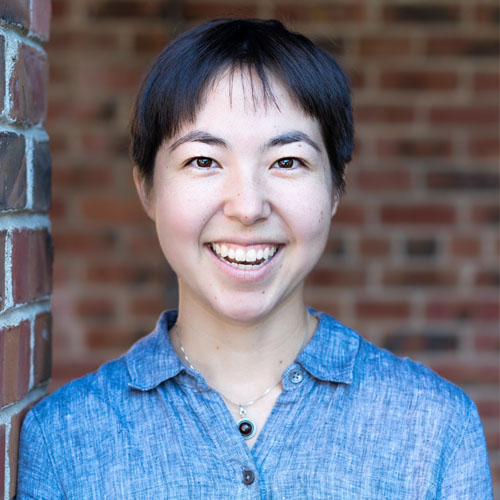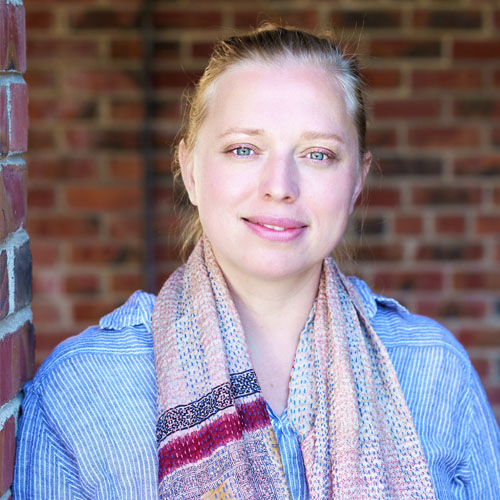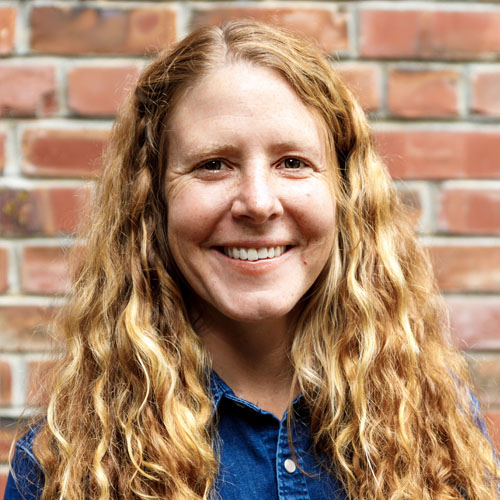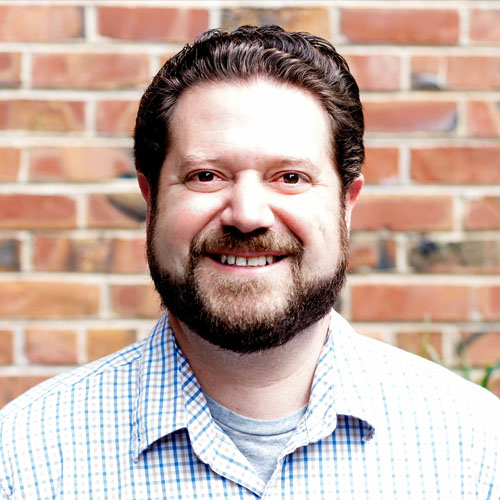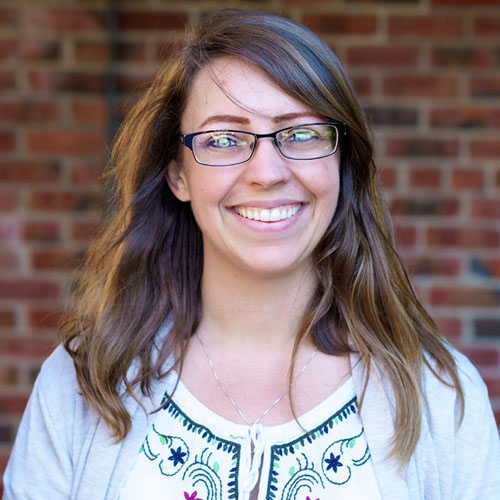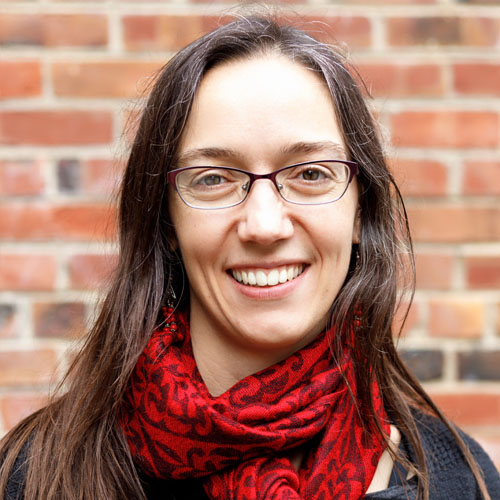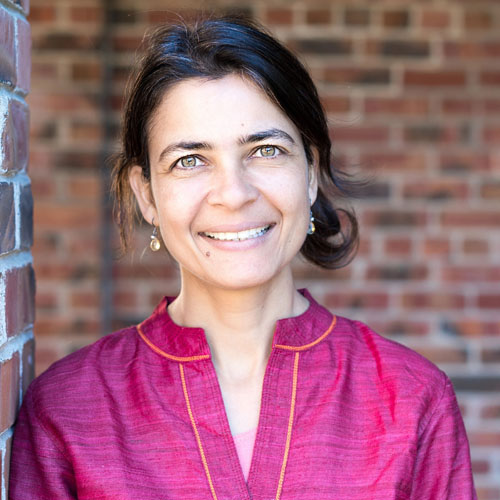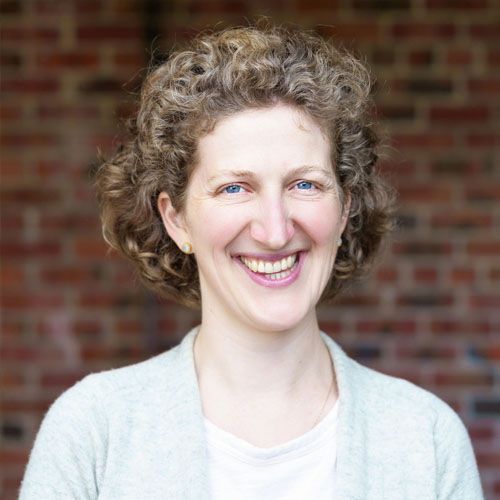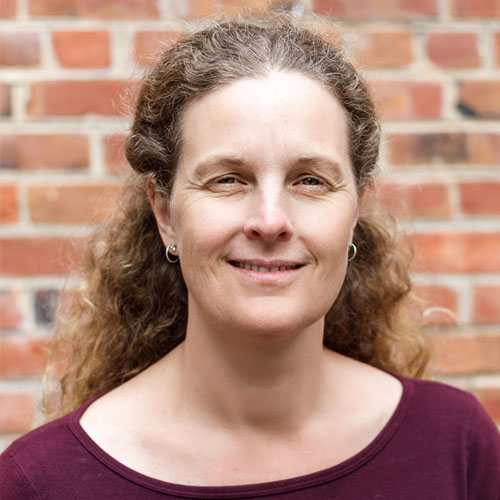
Currently 48% of our students receive some form of help making a private school education affordable. Keep reading to learn more.
To apply for a tuition adjustment through Berkeley Rose directly, please follow the steps below:

Tuition Adjustment Program (TA)
Open to Kindergarten and Grades applicants only (not available for Nursery)
Each year Berkeley Rose Waldorf School offers reduced tuition to the maximum number of students possible. Roughly 50% of our families receive some form of help making a private school education affordable. Keep reading to learn more.
To apply for a tuition adjustment through Berkeley Rose directly, please follow the steps below:
-
- Complete a tuition adjustment application on Clarity (our tuition assistance application service).
That’s it! If you have any questions about the application process through Clarity, they have provided a handy quick-reference guide – HERE.
Other Financial Aid Suggestions
Along with our Tuition Adjustment program, we encourage our families to check out these other local resources. Please make inquiries and apply to these programs yourself and directly.
The Basic Fund
The Basic Fund is a privately funded 501(c)3 organization whose mission is to advance educational equity for low-income families by helping offset the cost of tuition at private schools in the Bay Area.
Flexible Spending Account
These programs are offered through employers and allow parents to pay for childcare with wages earned before taxes are taken out. Please see your employer for more details.
Alternative Payment Programs
State and federally funded – California Department of Education, California Department of Social Services and Bananas, Inc. Coordination is handled by the State of California. Programs pay for the child care of eligible families in licensed family child care homes, centers, or exempt child care situations.
-
- How they work:
The parent chooses the child care program.
The alternative payment program signs a contract with the parent and provider and pays the provider directly.
- How they work:
Parents enrolled in alternative payment (AP) programs have the right to change providers if they are dissatisfied with their first choice. AP programs serve specific geographic areas, and ages of children varies, depending on the program (such as childcare up to age 5, and aftercare up to age 12).
FAQs
Can my child join even though they didn’t start in Berkeley Rose’s preschool?
Yes. We welcome children at any grade level as long as there is room in the class.
Can my child join after attending a public or private school?
Yes. All children are welcome to join us. Some new parents have expressed concerns with regard to adhering to our media policies which is why our teachers work so closely in collaboration with our parents. You are not alone! If you have any questions or reservations about how limited media usage for your children could affect your lifestyle (and sanity!), please turn to us, our teachers and especially our supportive parent community who will share with you the joys and benefits, and will offer the strategies of making it happen – painlessly.
Can my child join mid-year?
Yes, as long as there is an opening in the appropriate class. Please contact us so we can work with you.
Is this school religious?
Waldorf schools are non-sectarian and non-denominational. They educate all children, regardless of their cultural or religious backgrounds. The teaching method is comprehensive, and, as part of its task, seeks to promote the recognition and understanding of different world cultures and religions. Waldorf schools are not part of any church. They espouse no particular religious doctrine but certainly embrace the idea that there is a spiritual dimension to the human being, as well as to all life. Waldorf families come from a broad spectrum of religious traditions and interests.
Is Berkeley Rose similar to a Montessori school?
These two educational approaches began with a similar goal: to design a curriculum that was developmentally appropriate to the child, and to address the child’s need to learn in a tactile as well as an intellectual way. The philosophies are otherwise very different. Today, Montessori is known for its cognitive approach, while Waldorf schools are known for their whole-child approach.
Other questions take a look at our FAQ page? Or email us at info@berkeleyrose.org
FAQs
Can my child join even though they didn’t start in Berkeley Rose’s preschool?
Yes. We welcome children at any grade level as long as there is room in the class.
Can my child join after attending a public or private school?
Yes. All children are welcome to join us. Some new parents have expressed concerns with regard to adhering to our media policies which is why our teachers work so closely in collaboration with our parents. You are not alone! If you have any questions or reservations about how limited media usage for your children could affect your lifestyle (and sanity!), please turn to us, our teachers and especially our supportive parent community who will share with you the joys and benefits, and will offer the strategies of making it happen – painlessly.
Can my child join mid-year?
Yes, as long as there is an opening in the appropriate class. Please contact us so we can work with you.
Is this school religious?
Waldorf schools are non-sectarian and non-denominational. They educate all children, regardless of their cultural or religious backgrounds. The teaching method is comprehensive, and, as part of its task, seeks to promote the recognition and understanding of different world cultures and religions. Waldorf schools are not part of any church. They espouse no particular religious doctrine but certainly embrace the idea that there is a spiritual dimension to the human being, as well as to all life. Waldorf families come from a broad spectrum of religious traditions and interests.
Is Berkeley Rose similar to a Montessori school?
These two educational approaches began with a similar goal: to design a curriculum that was developmentally appropriate to the child, and to address the child’s need to learn in a tactile as well as an intellectual way. The philosophies are otherwise very different. Today, Montessori is known for its cognitive approach, while Waldorf schools are known for their whole-child approach.
Other questions take a look at our FAQ page? Or email us at info@berkeleyrose.org

